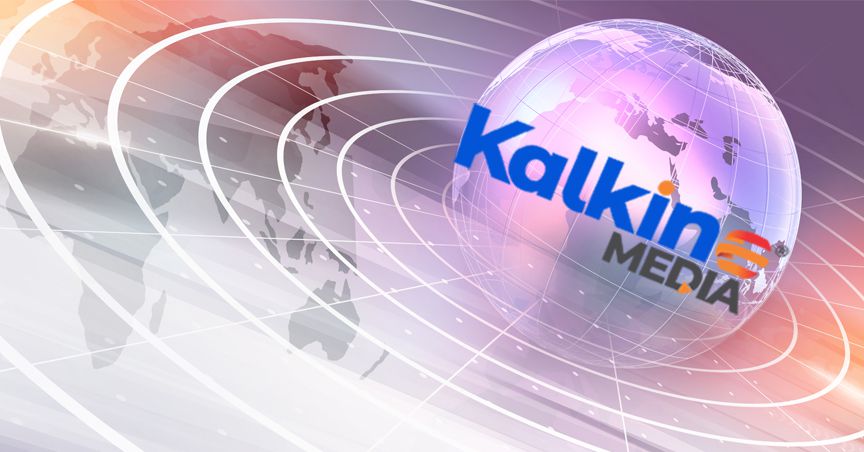Australia's AUKUS agreement flavoured New Zealand's talks with China during Foreign Minister Nanaia Mahuta's visit last week.
Ms Mahuta met with Foreign Affairs Minister Qin Gang and China's top diplomat, Central Foreign Affairs Commission director Wang Yi, on her trip, the first by a New Zealand minister to China since 2018.
Amid wideranging discussions on the security of the Pacific, Ms Mahuta said the new defence tie-up between Australia, the United Kingdom and United States was brought up.
"They acknowledged that our position on the matter. We're not a part of those arrangements," Ms Mahuta said, suggesting it was important to clarify NZs non-involvement.
New Zealand is not part of the AUKUS deal - despite its military alliance with Australia, which will see Australia gain nuclear-powered submarines - and has a longstanding anti-nuclear policy supported by all sides of Kiwi politics.
AUKUS has received criticism across the Tasman Sea, including former prime minister Helen Clark who said it was not in NZ's interests to be associated with the deal.
Ms Mahuta said she shared with Mr Qin New Zealand's own concerns, including its desire to support the Treaty of Rarotonga which outlaws nuclear weapons across large swathes of the Pacific.
"Our concern is not to see the militarisation of the Pacific - that the Treaty of Rarotonga be upheld - and that's the basis upon which our assurances from Australia have been gained in relation to those arrangements," she said.
China has made clear its opposition to the AUKUS deal, with foreign ministry spokesman Wang Wenbin registering "severe concern and firm opposition".
In an interview with AAP last week, opposition foreign affairs spokesman Gerry Brownlee raised his own concerns about AUKUS.
He said it would bring interoperability concerns between Anzac defence forces, suggested it didn't align with NZ's worldview.
"(We're at a) position now where we're saying ... the Chinese are wanting to assert themselves a little bit more on the world stage ... so they must be the enemy and we've got to worry about them'," Mr Brownlee said.
"I'm not sure that's the right sort of thinking."
On Tuesday, he walked back his comments, saying he was "certainly not" trying to criticise the deal.
"Australia will make decisions for Australia," he said.
Ms Mahuta's visit is expected to precede an official visit by Prime Minister Chris Hipkins within months.
She visited Beijing directly after President Xi Jinping's trip to Moscow to meet with Russian President Vladimir Putin.
Ms Mahuta said she raised both NZ's concerns around China's human rights breaches, but also speculation it would supply lethal weapons to Russia for its invasion of Ukraine.
"We had asked China to use its influence with Russia to cease war," she said.
She said the trip, on the whole, was positive, and without surprises.
"This does underscore the nature of the bilateral relationship," she said.
"New Zealand has taken a very consistent, predictable and respectful approach to raising issues with China. They registered with us that that is a positive way of working."



